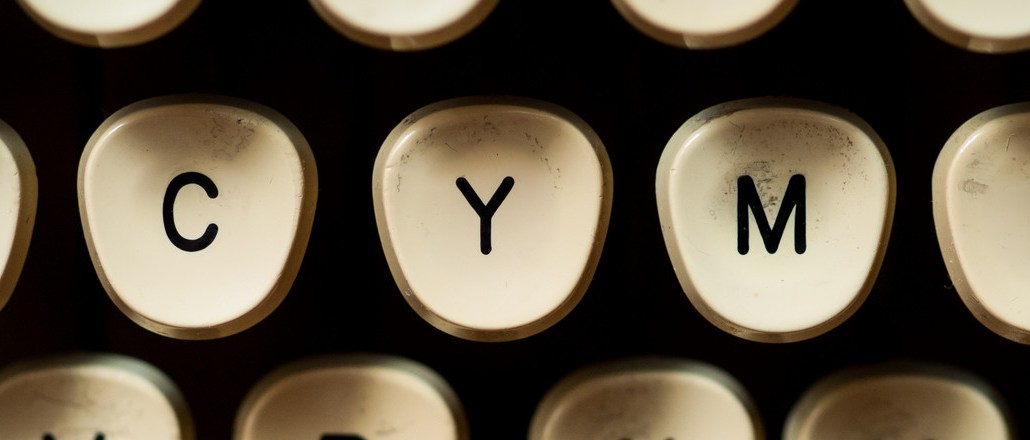
Congratulations, you’ve made it to another weekend. Before you kick back and relax, here are the best stories from Digiday that you might have missed while sitting in endless Cannes planning meetings. Enjoy.
***
We covered a lot of ground on Snapchat this week, starting with the news that changes are coming to Snapchat Discover. The section of the app that features daily videos and articles from publishers like NowThis and Cosmopolitan will soon look like a newsstand, instead of the static, homogenous circular logos users see today.
“The big redesign is going to let us create cover images, and pull out individual content and point to the content that’s inside, instead of just our logo,” one publishing source told Digiday. It’s an important move for Snapchat and its Discover publishers, which create custom content for the platform — and sell ads against it — but only see a fraction of the 150 million users that visit Snapchat every day.
But wait, there’s more: The platform will also integrate its popular Live Story feature with Discover. Meanwhile, publishers not on Discover are still trying to figure out ways to make money off the platform. PopSugar, for instance, built an app that allows bloggers and brands to include links to products featured in Snapchat stories. Snapchat, which has left its sponsorship and branded content rules vague, is allowing it — for now.
***
Many media types believe that if their journalism were high quality, people would be willing to pay for it.
Not so fast, champ: a Reuters study found that 81 percent of 1,230 readers surveyed said their favorite news brand is synonymous with trusted content. Nine out of 10 even acknowledged that they go to particular news brand to verify breaking news. And yet, two-thirds said they wouldn’t be willing to pay for any online content, regardless of quality.
It’s not all doom and gloom, however, as the study also found that 85 percent of respondents source their news via websites and apps of specific publishers — social hasn’t completely rendered the news business obsolete. “We haven’t given up on the homepage. It’s the common wisdom that homepages are dead or dying, but we don’t believe that’s the case,” said Jeff Perkins, commercial director of EMEA for Reuters.
***
And now, for a snark break. This week, our favorite curmudgeonly uncle took on creative briefs. “Briefs serve one purpose, and one purpose only: covering ass,” said Copyranter.
Marketers love creating briefs because they allows them to pretend for a second that they’re actually creative. But instead of providing useful information or direction to the actual creatives, the briefs are usually chock-full of empty buzzwords. Like this:

The holy grail in brief-dom? A clear, single key takeaway. When asked what the one key message is they want to communicate, “if the client response is — beyond all hope — just one thing, well you’re in the presence of a goddamn miracle. Make a copy of the brief, frame the original, and then take it to the Museum of Modern Art for immediate installation.”
***
Move over food porn. United Airlines — when disappointing its flyers — is killing it on Instagram with plane porn. You know how you and everyone you know takes an Instagram pic of the plane’s wing while in flight? United Airlines is doing that better than you.
“These are shots that the ordinary passenger might not see every time they fly with us, but if they’re in the right spot at the right time, they too could capture something just as breathtaking,” said Courtney Kessler, social media lead at Wunderman who handles United’s social media. “They are centered around what we call the ‘golden hour.’”
In aiming to be the ultimate “travel companion,” United now has more than 245,000 Instagram followers, more than double what it had 10 months ago.
More in Media

In Graphic Detail: The scale of the challenge facing publishers, politicians eager to damage Google’s adland dominance
Last year was a blowout ad revenue year for Google, despite challenges from several quarters.

Why Walmart is basically a tech company now
The retail giant joined the Nasdaq exchange, also home to technology companies like Amazon, in December.

The Athletic invests in live blogs, video to insulate sports coverage from AI scraping
As the Super Bowl and Winter Olympics collide, The Athletic is leaning into live blogs and video to keeps fans locked in, and AI bots at bay.





